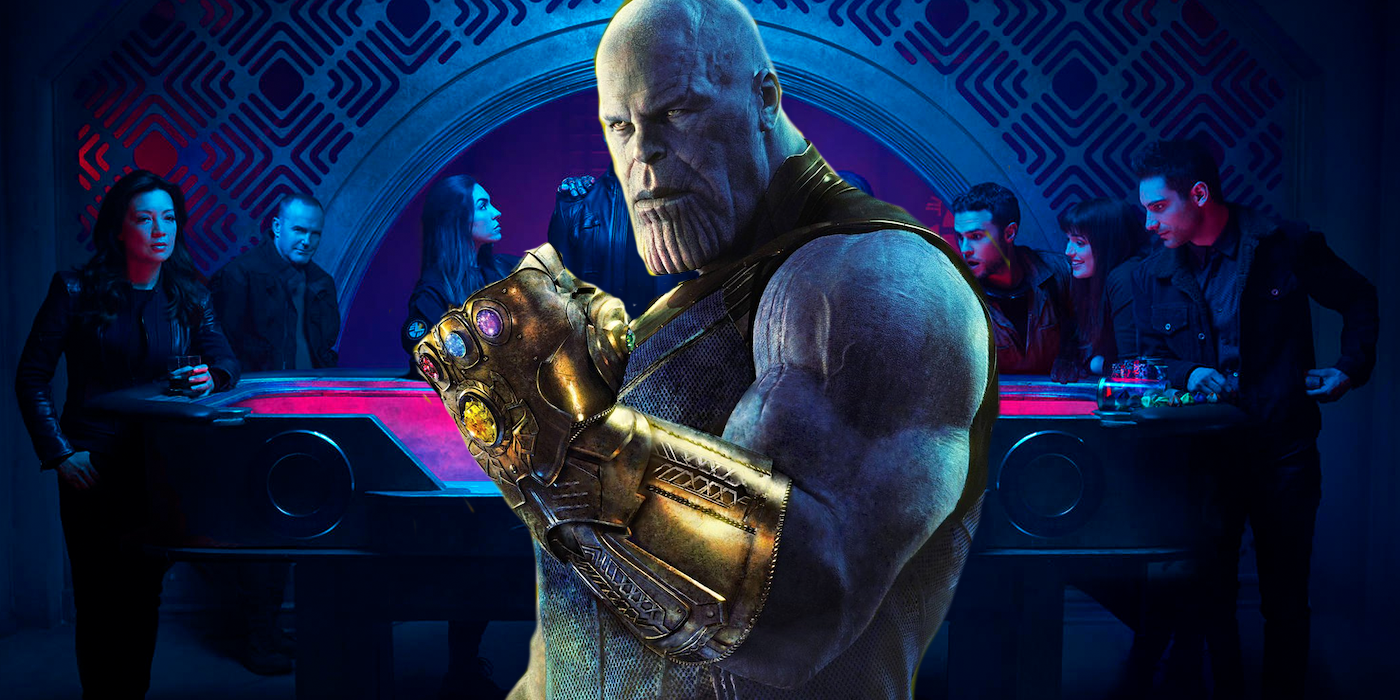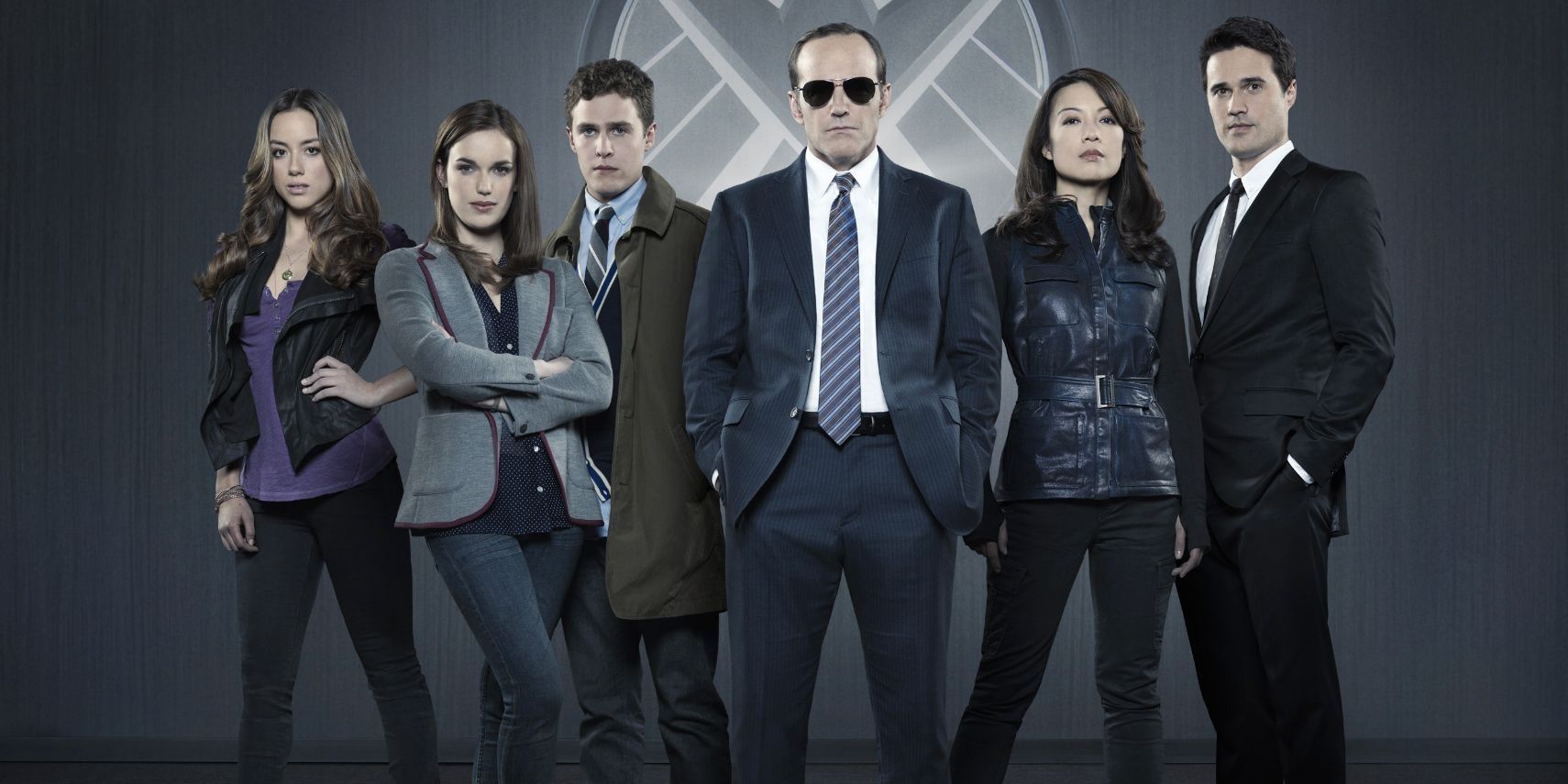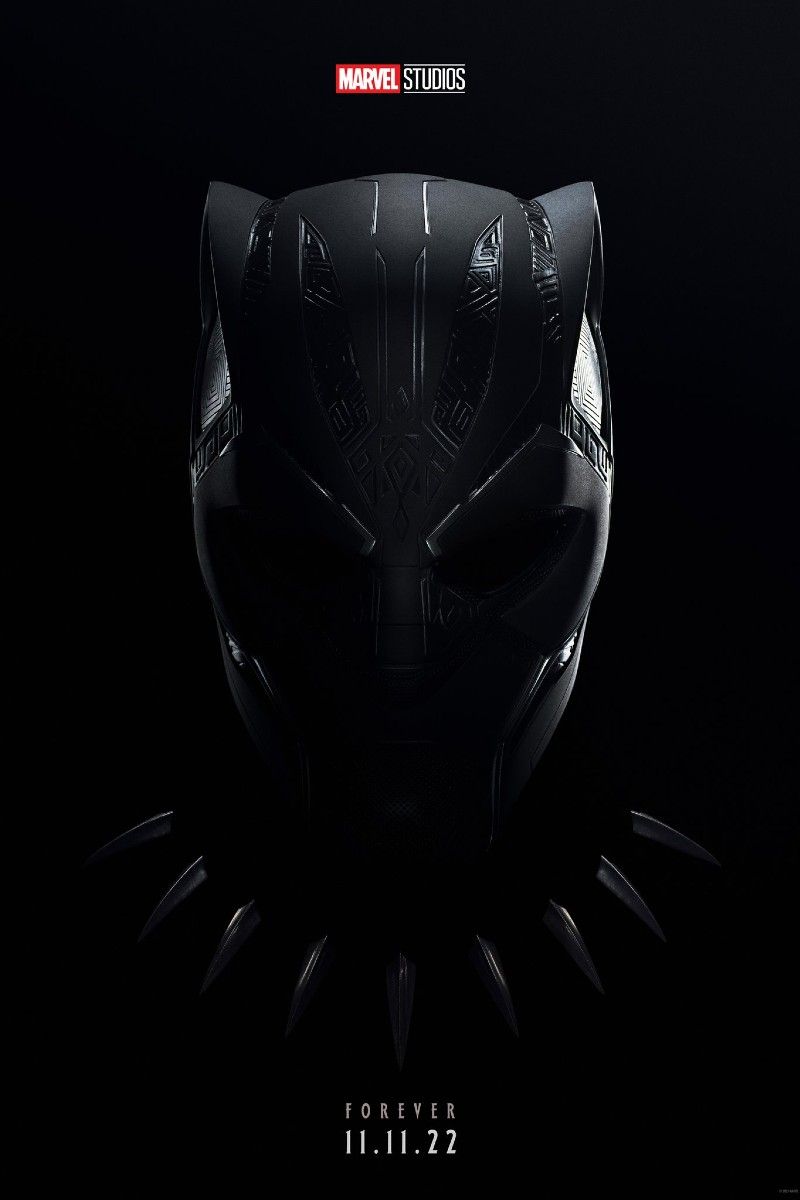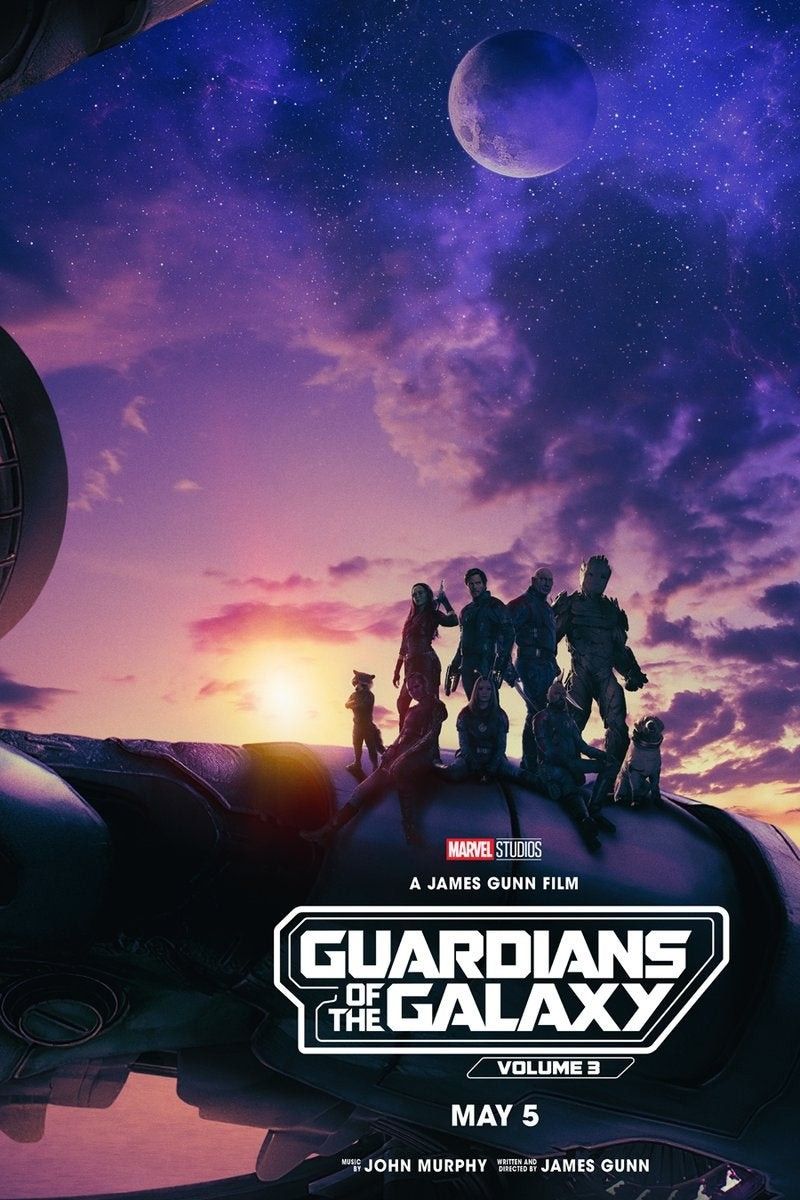Marvel's Agents of SHIELD’s canon status within the Marvel Cinematic Universe has been a source of confusion for years, but its real canon issues didn't begin until season 6. While the movies of the MCU never directly referenced the show, the same was also true of the other Marvel shows running at the time–granted, the Marvel Netflix series like Daredevil and Jessica Jones were structured to not have much connectivity to the MCU. Even with its status of being not quite MCU but not entirely separate, however, Agents of SHIELD still mostly followed what was happening in the larger MCU.
The first season was mostly episodic adventures of Team Coulson, with the fall of SHIELD in Captain America: The Winter Soldier becoming a major part of the season's arc. Season 2 maintained a connection to the movies with two reveals: the Avengers knew the location of the Hydra base and Loki's scepter in Avengers: Age of Ultron thanks to Phil Coulson finding it first. Second, the Helicarrier that Nick Fury arrives in during the final battle was prepared by Coulson in secret, with Fury saying that he “pulled her out of mothballs with a couple of old friends.” Later seasons of Agents of SHIELD were comparatively lighter on connecting to the films, but they still did it in ways that felt natural, such as the Sokovia Accords occasionally getting in Team Coulson’s way and the reveal that the apocalyptic future of season 5 where Earth is enslaved by the Kree was made possible by the SHIELD agents trying to protect humanity from Thanos, whose attack on Earth was even shown in the background at times.
In reality, the problems with the show's canon didn’t arise until Agents of SHIELD season 6, quite late in the show's. Season 5 ends on a bittersweet note with Coulson spending his last days with Melinda May before he dies. The knowledge of his pending death is made even worse with the knowledge that simultaneously, Thanos was about to use the Infinity Gauntlet to erase half of all life in the universe. Season 6 picks up a year after that, but despite viewers knowing what transpired, nothing about the events of Avengers: Infinity War are never so much as referenced in Agents of SHIELD's last two seasons, a strange thing to ignore seeing as how it was the most significant event to ever happen in the MCU, with the ramifications still being felt.
Agents of SHIELD not spending much time focusing on the events of the films was nothing new, but the scale of Thanos' Snap is what made it more of a problem to ignore. Half of all life was erased in an instant, and Avengers: Endgame and the films and shows following it show and discuss how hard things were for the survivors in various ways. Some, like the Disney+ series WandaVision, were built entirely around the fallout from those events. Yet, there was never any acknowledgment of what the world was going through in Agents of SHIELD. For anyone who watched both the show and the films, that specific lack of connectivity came across as incredibly awkward and jarring.
In a way, it illustrates just how much of an unenviable position Agents of SHIELD was in from the start, with the entire concept of the series - S.H.I.E.L.D. - being destroyed in its first season. From that point on, the show was at its best when its storyline was tied directly to what was happening in the larger MCU or largely disconnected; it was when it tried to straddle the line that the canon continuity started to fall apart. None of that takes away from the quality of the show, of course. It was a great watch from start to finish, and the issue of Agents of SHIELD being canon shouldn’t matter all that much.








